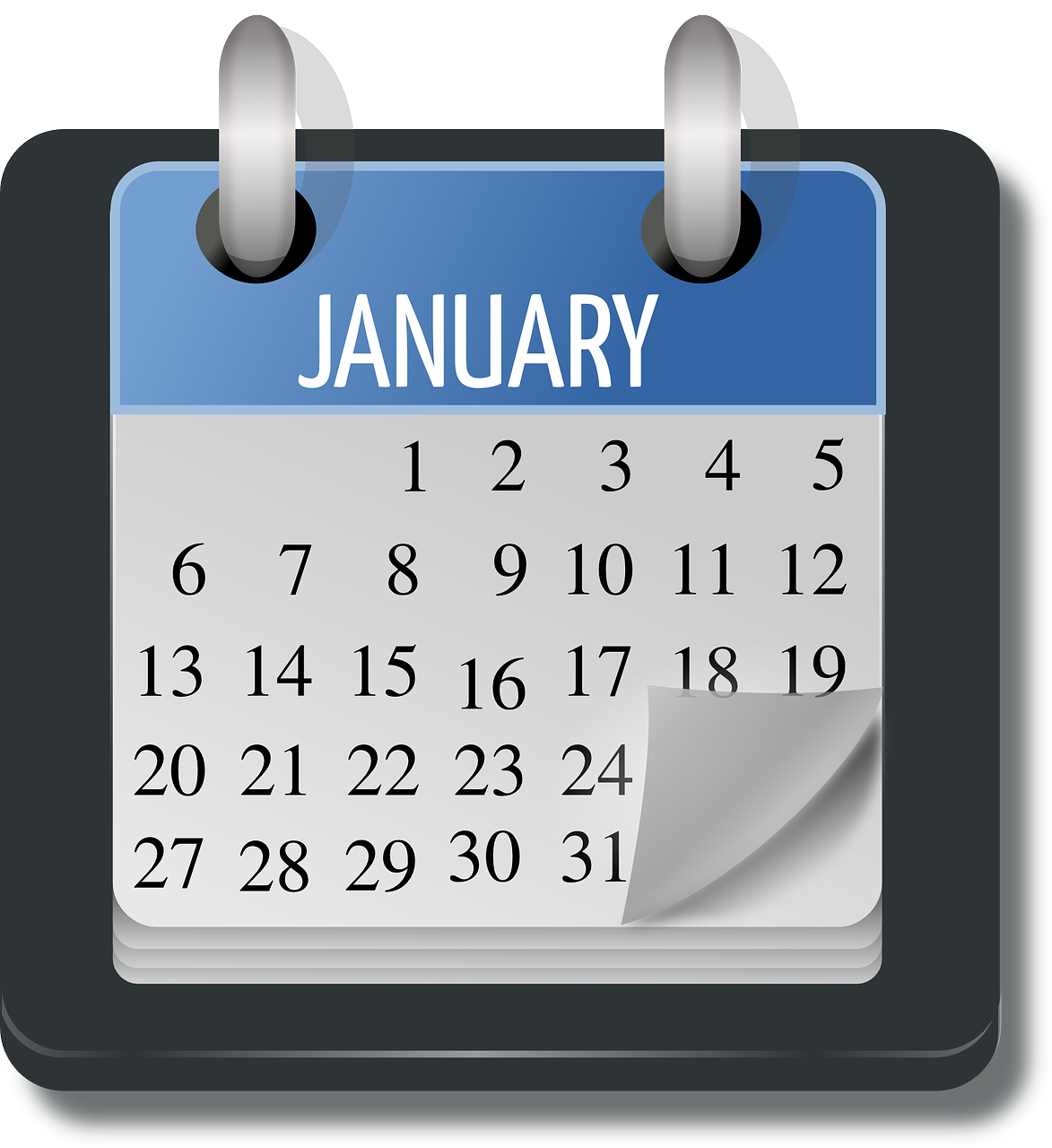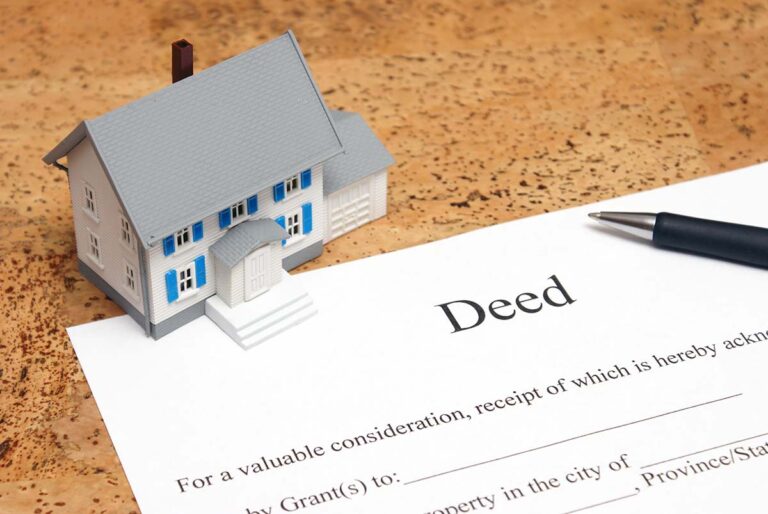For Tax Purposes, What Is The Best Time To Buy My House?
Knowing when to close your real estate purchase can work to your advantage at tax time. You may want to consider postponing your December closing until January of next year, if it will benefit you on your tax return. You would make this determination in several ways.
First, you need to review your tax liabilities for the current tax year with your tax accountant or tax preparer and see if taking additional deductions in the current or future year would be most beneficial to you. Next, you will need to understand which items in your closing will be tax-deductible and which items will added to the value of the property. Keep in mind that if you close on December 31 rather than on January 2 (or the first business day after the New Year), you will be permitted to take the allowable deductions for your home purchase in the year purchased, even if your closing occurs on the last day of the year. If you want to increase your deductions for the coming year, then you may want to choose to close in January. The normal allowable home purchase deductions will be the points, interest, and property taxes which you pay.
If you will be obtaining a mortgage on the property and will be paying points, this expense will be an allowable tax deduction. A “point” is the fee which represents 1% of your loan amount and may be charged by your lender or mortgage broker. The number of points you pay may vary from lender to lender. Points are referred to as a “nonrecurring closing cost,” and are fully deductible in the year paid. You should be aware that points on a refinance loan are not deductible in the year paid, but rather must be amortized and deducted over the life of the loan. There are certain other exceptions, such as the loan must be secured by your main home, but generally, the points will be allowed as a deduction in the year paid.
Prepaid and prorated interest is also deductible in the year paid and refers to the interest you are charged from the date of your closing to the beginning of the period covered by your first mortgage payment. As a reminder, keep in mind that mortgage interest and principal payments are paid in arrears. For example, if your closing takes place on December 10th, your first monthly payment would begin to accrue on January 1st and would be payable the beginning of February. You probably would be required to prepay the interest form December 10th through the end of December. If your closing occurs later in the month, you would pay less at the closing than if you had closed the first of the month. The amount of prorated interest you will be required to pay may be something for you to consider when choosing a closing date. Your lender will send you a 1099 form at the end of the year which will list the interest paid for the year. Be certain that it includes the prorated interest which you paid at closing.
Any prorated property taxes will also be an allowable expense item. The property taxes on the new property which you are purchasing will be prorated at closing and your portion will be allowed to be deducted as an expense for income tax purposes. Your escrow officer will calculate the tax prorations by dividing the taxes between you and the seller, based on the due date for the property taxes in your state. If the seller has paid the property taxes beyond the date of closing, the seller will be credited for this expense. If the taxes have not yet been paid, the amount owed will be charged to you and added to your closing costs. Your lender may require that the taxes be paid in full at closing, or they may be certain that they collect enough to cover the taxes until the next pay period. Any delinquent taxes which were due and which you may have agreed to pay, would not be a deductible expense. You would need to treat any delinquent taxes which you pay as part of the cost of your home. Keep in mind that some special government fees, such as water or sewer assessments, may not be deductible. Check with your accountant or refer to the IRS Publication #530 for which law applies to your circumstances.
You will want to assess your tax liability for the current and future year, to determine if it is in your best interest to close in 2000 or 2001. Keep in mind that once you purchase your property, you may want to choose to itemize your deductions on your tax return, if you have been taking the standard deduction previously. If your itemized deductions, which includes your mortgage interest and property taxes, do not exceed the standard deductions, you may be better off taking the standard deduction. Each individual has unique tax circumstances and your tax accountant or preparer will know what is best for you.
If you do decide to close on the last week of the month, be aware that this week is typically the busiest time for title and escrow companies. Be sure to schedule your closing well in advance of your closing day and notify your attorney, lender, seller, escrow officer and any other participants in the closing of the closing date which you choose. If you would like to investigate further which items will be tax deductible and which items will be added to the cost of your home, you may refer to IRS Publication #530, “Tax information for First Time Home Buyers.”
This column may not be resold, reprinted, resyndicated or redistributed without the written permission from Escrow Publishing Company.
Related Question
Are the points paid on a refinance loan also tax deductible?
The points paid on a refinance mortgage are not deductible in the year incurred, but rather can be deducted over the life term of the loan. For example, if you paid $1,500 in points on a 30 year mortgage, you could deduct $50.00 per tax year for the next 30 years.



